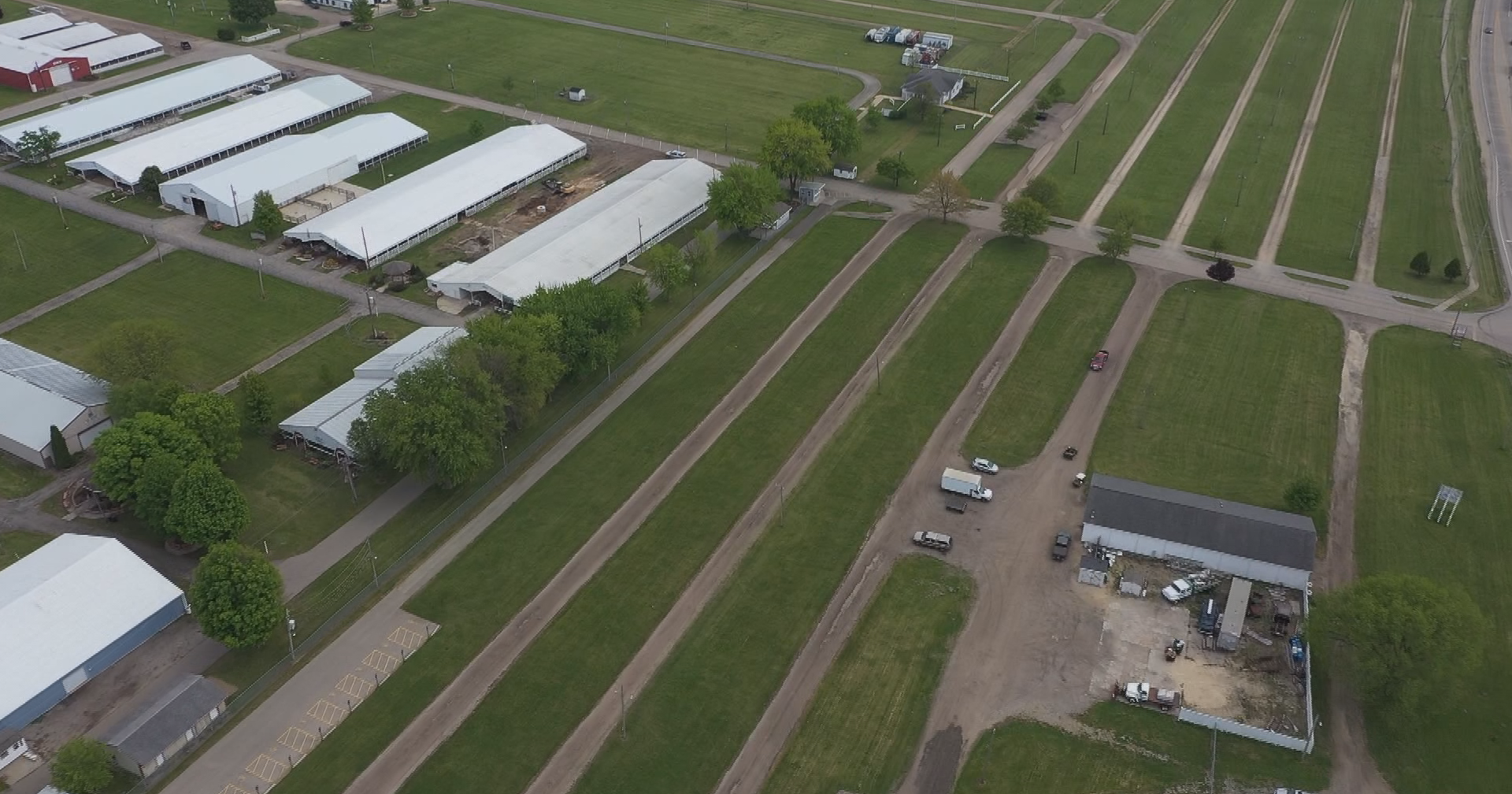Anchor & Investigative Reporter
William Ingalls is an Anchor and Investigative Reporter for 13 WREX. He joined the station in June 2019 and graduated from Augustana College with a Bachelor’s degree in Multimedia Journalism and English.
Big cities like Chicago are only half-staffed for behavioral health services, leaving rural communities with even fewer people to treat people…
STATELINE — Mental healthcare impacts cities big and small, but rural communities face more severe and unique challenges than larger communities. Here’s where smaller communities struggle to provide mental and behavioral healthcare:
Staffing:
Behavioral health still struggles to hire people nearly four years after the start of the COVID-19 pandemic. The issue comes up even when providing services to big cities like Chicago. Rosecrance Illinois Regional President Carlene Cardosi says she went to a recent conference in the Windy City that shows big cities are struggling meaning rural areas barely have any staff at all.
“In the city of Chicago, I was recently at a conference that they said they were at a 50% staff for behavioral health,” Cardosi said. “In the rural areas, there’s even less than that. So there are not enough people working in the field or trying to help those in rural areas.”
Cardosi says he lack of staff makes it hard to start any kind of services in rural areas, but generally try to scrape together some level of outpatient care. Though some rural areas like Stephenson County are starting to see more investment from health networks like Rosecrance, more intensive services are nowhere to be found outside of big cities.
No Residential Services:
Staffing challenges make it difficult to even offer outpatient counseling for health networks like Rosecrance, but getting qualified staff to run intensive residential services is a longshot for any small communities. Cardosi says the biggest barrier to access for intensive services in rural communities is how far people are willing to drive to get them.
“So the first thing is going to be transportation to the closest one that will take your insurance or state-funded insurance, that would be the greatest barrier,” Cardosi said. “Many of them have hospitals and emergency rooms, but if you’re looking for a residential substance use program, it is finding one that is where your family can also be involved.”
To try and meet the need in any way they can, Rosecrance has tried to expand and preach telehealth in rural communities. The service allows them to treat anyone in Illinois as long as the psychiatrist or therapist on the other line is also in Illinois. The drawback for rural communities however is that not all households have a reliable phone or internet connection.
People in rural communities might not have residential treatment in their backyard, but when someone goes into a mental health crisis, Cardosi says services from Rosecrance travel out to 19 counties.
“Historically, we have entered into some of the rural counties in that mobile crisis response. It gets us into the county, it gets us to really save lives, deliver services right there on the spot and create linkages to other providers or ourselves,” Cardosi said.
Rural Options/Resources:
Finding what mental health resources are near you can be a hassle all on its own. You can call NAMI or Northern Illinois to walk you through what treatment options are near you, or call Rosecrance to see if they’ve established some level of outpatient services near you.
For urgent breaking news and severe weather updates – click here to download the 13 WREX News App and the 13 WREX Weather Authority App.
Anchor & Investigative Reporter
William Ingalls is an Anchor and Investigative Reporter for 13 WREX. He joined the station in June 2019 and graduated from Augustana College with a Bachelor’s degree in Multimedia Journalism and English.
{{description}}
Email notifications are only sent once a day, and only if there are new matching items.
Your browser is out of date and potentially vulnerable to security risks.
We recommend switching to one of the following browsers:
